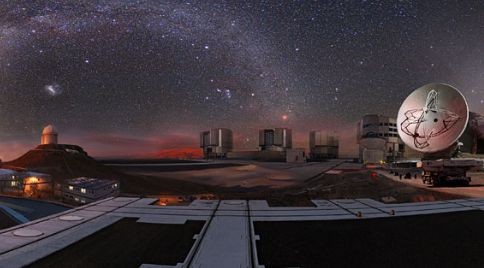A recent study by Sterzik et al. 2015 (Messenger article) has revealed that the number of ESO observing programmes not leading to refereed publications is significant, exceeding 50%. This return rate applies also to highly ranked, fully completed programmes. Although this fraction is comparable to those measured at other large ground-based astronomical facilities, it is very important for ESO to identify the underlying reasons, in order to investigate possible avenues to increase the scientific return of its facilities.
Survey on Non-Publishing ESO Programmes (SNPP)

To further this investigation, a sample of about 1200 proposals, approved between Periods 78 and 90 (October 2006 – March 2013) and not leading to a publication, has been selected using the ESO telbib publication tracking system. These proposals, submitted by about 700 distinct Principal Investigators (PIs), were scheduled in A-rank class Service Mode or in Visitor Mode.
The Survey on Non-Publishing Programmes (SNPP) will be launched on 6 May 2016. The selected PIs will be contacted via email by the Observing Programmes Office and kindly asked to fill in a simple, web-based, multiple-choice questionnaire. On account of the need to link the replies to the proposal properties (instruments, constraints, time, science case, etc.), the responses will be tagged with the corresponding Programme ID. Nevertheless, all data will be treated confidentially. No individual information will be published or used for any purpose other than for statistical analysis.
The survey will be distributed to the relevant PIs regardless of their affiliation, including ESO staff and PIs affiliated to non-Member State countries. In order to ensure statistically robust results, ESO aims to achieve a very high return rate. The form was purposefully kept very simple, so that it takes less than a minute to be completed. PIs will be given one month to respond, after which they will be kindly reminded.
The statistical results of the survey will be made public through a Messenger article and discussed with the relevant parties in order to identify the principal causes and the most appropriate remedies.
ESO is looking forward to the community feedback from this survey, which is crucial to continuously increase the science impact of the VLT.
